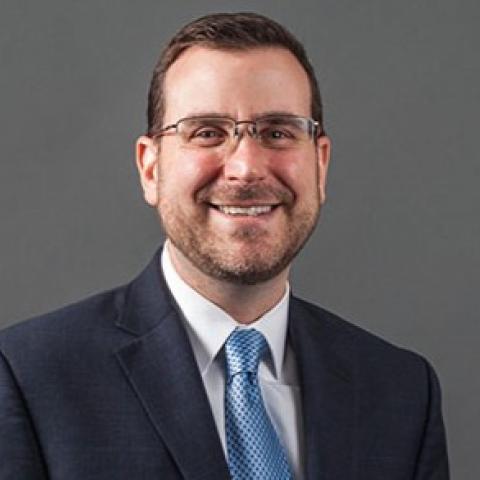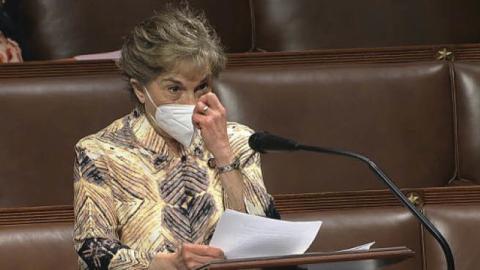Lawmakers in Washington want to confiscate the patents on coronavirus treatments and vaccines — before biotech companies even finish developing them.
A handful of senior House lawmakers, led by Rep. Jan Schakowsky (D-IL), recently announced a plan “to ensure any COVID-19 drug will be accessible and affordable for all people.” Their proposal bars research firms from patenting their life-saving inventions and it mandates “reasonable” prices.
To achieve these goals, lawmakers would presumably rely — at least in part — on a relatively obscure federal law, the Bayh-Dole Act of 1980. According to Schakowsky and her allies, that statute allows the government to seize drug patents and grant other companies the right to make them if the price was “unreasonable” and one cent of public funding was used in the basic research.
These members of Congress are deliberately misinterpreting Bayh-Dole. The law does not support this expropriation of patents. It’s a shame that politicians are exploiting a public health crisis to twist federal law and expand the government’s power over the private sector.
The Bayh-Dole Act permits the federal government to “march in” and license patents that resulted from research supported by the public fisc, but only under very specific conditions. None exist in the current pandemic.
The core legal requirement for the “march in” power is that the patented invention is not being sold or licensed in a reasonable time and on reasonable terms.
First, there are no patented coronavirus drugs yet to even suggest that this has happened. Second, biotech companies responded immediately to the coronavirus pandemic. Over 300 clinical trials for vaccines and treatments are currently underway.
These drugs will immediately reach patients the moment the FDA approves them. Billions of people will benefit, just as they already benefit from innumerable patented drugs and vaccines that save millions of lives each year from diseases that kill people regularly.
Some congresspersons are evidently motivated by a purely academic theory that it’s somehow “unreasonable” for the public to pay for both the research and any drug. This theory is directly contradicted by the terms of the Bayh-Dole Act, which is clear that “unreasonable” refers to licensing terms, not prices. This has been the longstanding interpretation of this law for over 40 years by both Democratic and Republican administrations. Numerous petitions in prior decades demanded the federal government use this “march in” power with the same rationalization about “unreasonable” prices. They were uniformly met with bipartisan rejections given the plain meaning of the law.
Legality aside, threatening biotech companies to seize their patents is a surefire way to kill the ability of this vital industry to develop these lifesaving drugs and vaccines.
Patents have long served an indispensable role in spurring medical treatments. Economists at Tufts University estimate that each new drug approved by the FDA results from on average 10-15 years of research and $2.6 billion in investments. For each FDA-approved drug, there are thousands of failures in the drug research pipeline. These massive research and development efforts are supported by over $129 billion in funding by private companies (as of 2019), more than triple the amount of $43 billion in public funding provided by the federal government that same year.
In sum, it’s expensive, time-consuming, and risky to invent new drugs. Patents provide vital legal security to secure the fruits of these inventive labors, allowing companies to recoup past R&D efforts and fund even more. Future drug treatments for the coronavirus are no exception.
If the federal government twists its own laws and arbitrarily threatens to expropriate these patents, then private research funding will grow scarce. Pharmaceutical companies invest thousands of hours and billions of dollars to save lives and increase everyone’s quality of life, but they cannot continue to do this if they face arbitrary expropriation of the fruits of their labors. More patients will suffer and die as a result of this deadly pandemic and future pandemics.
This future awaits us if leaders in Washington twist and abuse Bayh-Dole’s march-in provision. Lawmakers should abandon their misguided plans — out of respect for the law and in the interest of promoting global health through life-saving innovations.
Read in RealClear Policy



















